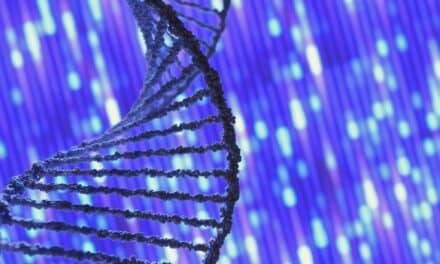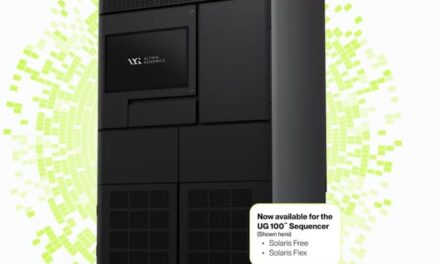Centogene, a provider of data-driven solutions in rare and neurodegenerative diseases, announced the expansion of MOx, the company’s multiomic diagnostic portfolio, now incorporating transcriptomic analysis.
Centogene’s MOx 2.0 is a single-step multiomic solution that combines DNA sequencing, biochemical testing, and now RNA sequencing to provide physicians with comprehensive testing capability, according to the company.
Transcriptomics examines the transcripts to reveal mutation-specific RNA patterns, differences in gene expression, and how cells and tissues respond to environmental or physiological changes. Using RNA sequencing, a more complete picture of disease biology and response to drugs can be established.
“Rare and neurodegenerative diseases often present complex diagnostic challenges, requiring a deeper understanding of the genetic and molecular factors at play,” says Professor Peter Bauer, chief medical & genomic officer at Centogene. “We understand that genomics alone is not enough, so we have developed what we believe to be one of the most comprehensive and innovative multiomic offerings on the market that helps patients receive an accurate diagnosis. Leveraging transcriptomics, the CENTOGENE Biodatabank, and CentoCard, MOx 2.0 enables us to translate variants of unknown significance into a precise diagnosis and revolutionize precision medicine for rare and neurodegenerative disease patients.”
Further reading: Centogene Launches Whole Genome Sequencing Solution for Rare Disease Diagnosis
Centogene’s enhanced multiomic portfolio consists of three integrated key updates:
High-diagnostic yield with transcriptomics:
- By integrating RNA sequencing, a more complete picture of disease biology can be established, capturing over an estimated 60% of tested patients with suspected genetic disorders, the company says.
Simplified Logistics:
- Leveraging CentoCard, Centogene’s filter card technology for extracting high-quality extraction of DNA, RNA, enzymes, and metabolites from dried blood spots, sample collection and shipping has been streamlined – ensuring accessible multiomic testing for patients worldwide
Improved Insights:
- Delivering improved medical reporting based on bioinformatics, artificial intelligence, and medical expert-based analysis of theCentogene Biodatabank with over 800,000 patients represented from over 120 highly diverse countries, as well as more than 70 million unique variants.





